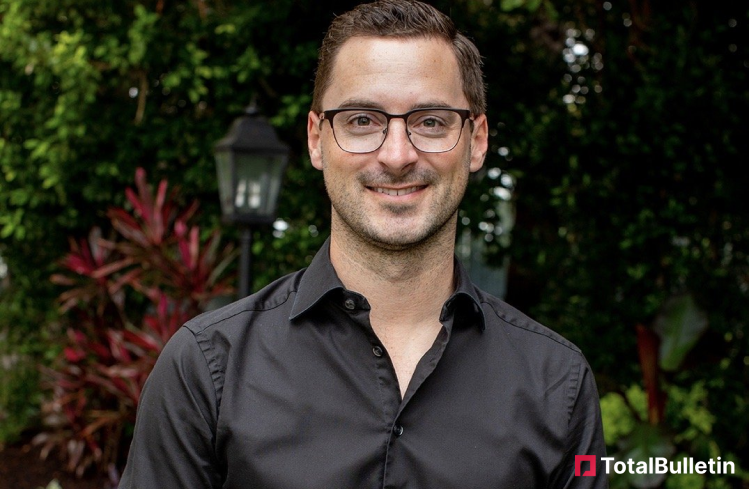Andrew Peterson’s interest in technology started in Seattle as a young computer lab associate at his elementary school, just as the internet was proliferating.
Several decades later — after a stint with Google, a tech job in Tanzania, and a $825 million startup exit — Peterson finds himself back home, at the precipice of another big technology shift.
The entrepreneur-turned-investor is leading Aviso Ventures, a venture capital fund founded last year that backs early stage enterprise and infrastructure software startups.
In 2013, Peterson and his former Etsy colleague Nick Galbreath co-founded Signal Sciences, a cybersecurity company acquired by Fastly in 2020.
The duo started angel investing after their big exit and later decided to turn their deal flow into an official fund — and thus Aviso was born.
The firm raised $7 million and has invested in nearly 30 startups, including a handful in the Seattle region such as Protect AI and Privacy Dynamics.
Aviso invests across North America. But having boots on the ground in Seattle is an advantage given the density of engineering talent in the region.
“There’s so much pent-up energy and talent here, especially in the boring areas that I like — B2B enterprise companies, infrastructure software,” Peterson said.
After graduating from Shorewood High School in north Seattle and doing his undergraduate studies at Stanford, Peterson spent three years at Google from 2006 to 2009. He then moved halfway across the world to work for the Clinton Foundation in Africa, where he helped health workers adopt new data tools that supported hundreds of thousands of people in rural Tanzania.
He came back to the U.S. and was a manager at marketplace giant Etsy, before launching Signal Sciences with Galbreath in Los Angeles.
The Aviso founders are using their experience as operators in enterprise security software to inform investment decisions and help founders in their portfolio navigate a software world that continues to evolve. Aviso means “advice” in Spanish.
“We like to think that we can give these teams a competitive advantage because of our experience,” Peterson said.
Peterson sees plenty of greenfield for enterprise startups as companies require more software to run their businesses, particularly those that aren’t considered “tech,” like car manufacturers or clothing retailers.
“The amount of needs that these companies have is tremendous,” he said.
Recent advancements in AI and access to new automation tools are providing even more tailwinds for the enterprise software industry. But it’s still unclear if and when the hype will turn into meaningful value creation.
“I’ve noticed that if you have AI in the first line about your company I tune out,” Peterson wrote in a recent LinkedIn post. “I care 0 about if AI is how you achieve the business value to your customers. But I do care about the value you’re adding, the market you’re going after, and the differentiation you have against the competition.”
Peterson said he understands the dilemma entrepreneurs face when figuring out how to lean into hype cycles. He and Galbreath went through similar motions when “Big Data” or “DevOps” gained traction as they built their own software startup.
“It might be AI or it might not be AI,” Peterson said. “But what I care about is, are you building value in your solutions for your customers?”

